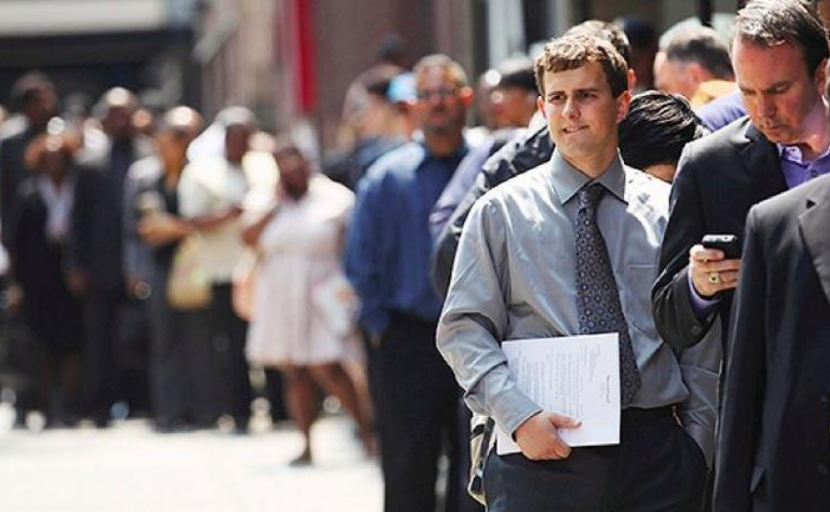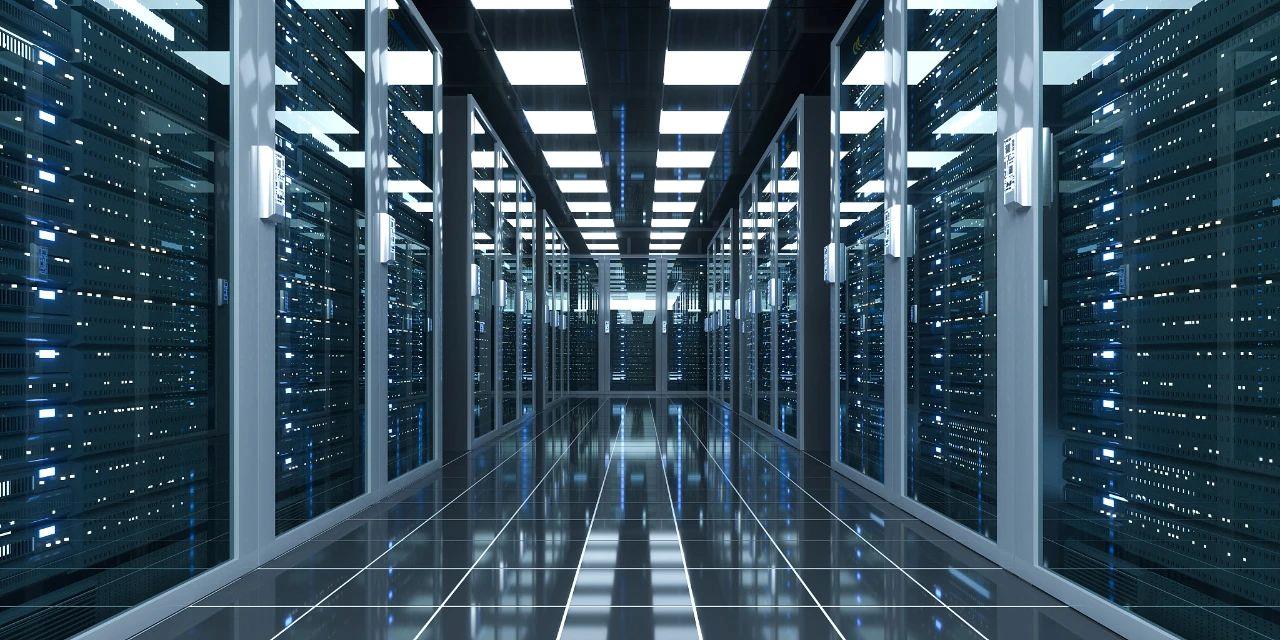
Data released by the US Department of Labor on the 7th showed that the US unemployment rate rose 0.1 percentage points to 4% in May this year, with 6.6 million people unemployed. This is the second consecutive month of increases in the U.S. unemployment rate, the unemployment rate is 0.3 percentage points higher than a year ago, the number of unemployed increased by half a million. Although the number of new non-farm payrolls in the United States reached 272,000 in May 2024, higher than market expectations, the unemployment rate still rose, which indicates that the growth of new jobs has not fully offset the increase in unemployment, and more reflects the complexity and uncertainty of the US job market.
Rising unemployment in the United States leads to a series of consequences that not only affect the economy, but also have profound effects on society and individuals. First, the impact of the rising unemployment rate on the economy. With the gradual rise of the unemployment rate and the uncertainty of the economic outlook, more people will lose their sources of income, which will directly lead to the decline of consumption power, and investors will try to reduce investment, thus affecting economic growth. Lower consumer spending affects business sales and profits, leading to a slowdown in capital formation, reducing the momentum of economic growth and further affecting production and employment. Therefore, the government needs to invest more funds to support the unemployed population, which also increases the financial pressure on the government sector.
The second is the impact of the rising unemployment rate on society. The rising unemployment rate is often accompanied by the rising poverty rate. People who lose their jobs may not be able to pay their basic living expenses, which directly leads to the current situation of poverty and the aggravation of social inequality. At the same time, the rising unemployment rate leads to the increasing dissatisfaction of the unemployed people with the society, and they will face psychological pressure and great social exclusion, which will further increase the risk of social conflicts and the harm of social instability. In addition, rising unemployment is putting enormous pressure on the national government's welfare system. In order to maintain a stable situation, the government needs to provide more unemployment relief and welfare support to meet the basic needs of the unemployed.
The third is the impact of the rising unemployment rate on individuals. The rising unemployment rate will lead to more and more unemployed people, and the living standard of the unemployed people will decline sharply. The unemployed people may face difficulties in housing, travel, medical care, food and other basic needs of life. Long-term unemployment may lead to the obsolence of vocational skills, and it will also have a greater negative impact on the professional reputation and career development of individuals, and make the unemployed face greater difficulties in re-employment. The rise in unemployment rate not only has a great impact on the economic status of the unemployed, but also may have a great negative impact on individual mental health, the unemployed may face career development obstruction, anxiety, depression and other psychological problems.
Fourth, the impact of the rising unemployment rate on policies. In order to cope with the rising unemployment rate and the risk of economic downturn, the Federal Reserve may adopt more loose monetary policies, such as lowering interest rates or purchasing assets, to stimulate economic growth and create jobs. At the same time, the U.S. government may increase spending or reduce taxes to support the unemployed, create more jobs and stimulate economic growth. For example, unemployment benefits, job training, and policies that encourage businesses to hire. However, considerable uncertainty and uncertainty about the effects of these policies will increase fiscal pressure on the government, potentially leading to long-term fiscal deficits, and potentially other economic risks.
The rise of unemployment in the United States is a complex socio-economic phenomenon, involving many industries and fields. To mitigate these risks, governments, businesses, and individuals need to work together to adopt effective policy measures to support the unemployed, promote economic growth, and create jobs. At the same time, it is also necessary to pay attention to long-term trends and changes in the unemployment rate, and its impact on the economy, society and individuals.

Recently, the 2026 edition of the MIT Technology Review list was released. Its content shows a clear shift in values: technological development is no longer solely about pursuing performance iterations, but rather about finding a balance between innovation and ethics, efficiency and sustainability.
Recently, the 2026 edition of the MIT Technology Review lis…
On January 15, 2026, the US military announced the seizure …
At the 2026 J.P. Morgan Healthcare Conference, a joint anno…
For much of 2025, the market was rethinking whether the dol…
The recent undercurrents in the international situation, wi…
The news of Musk's Neuralink launching mass production of b…